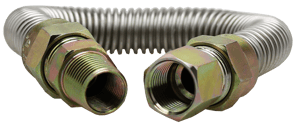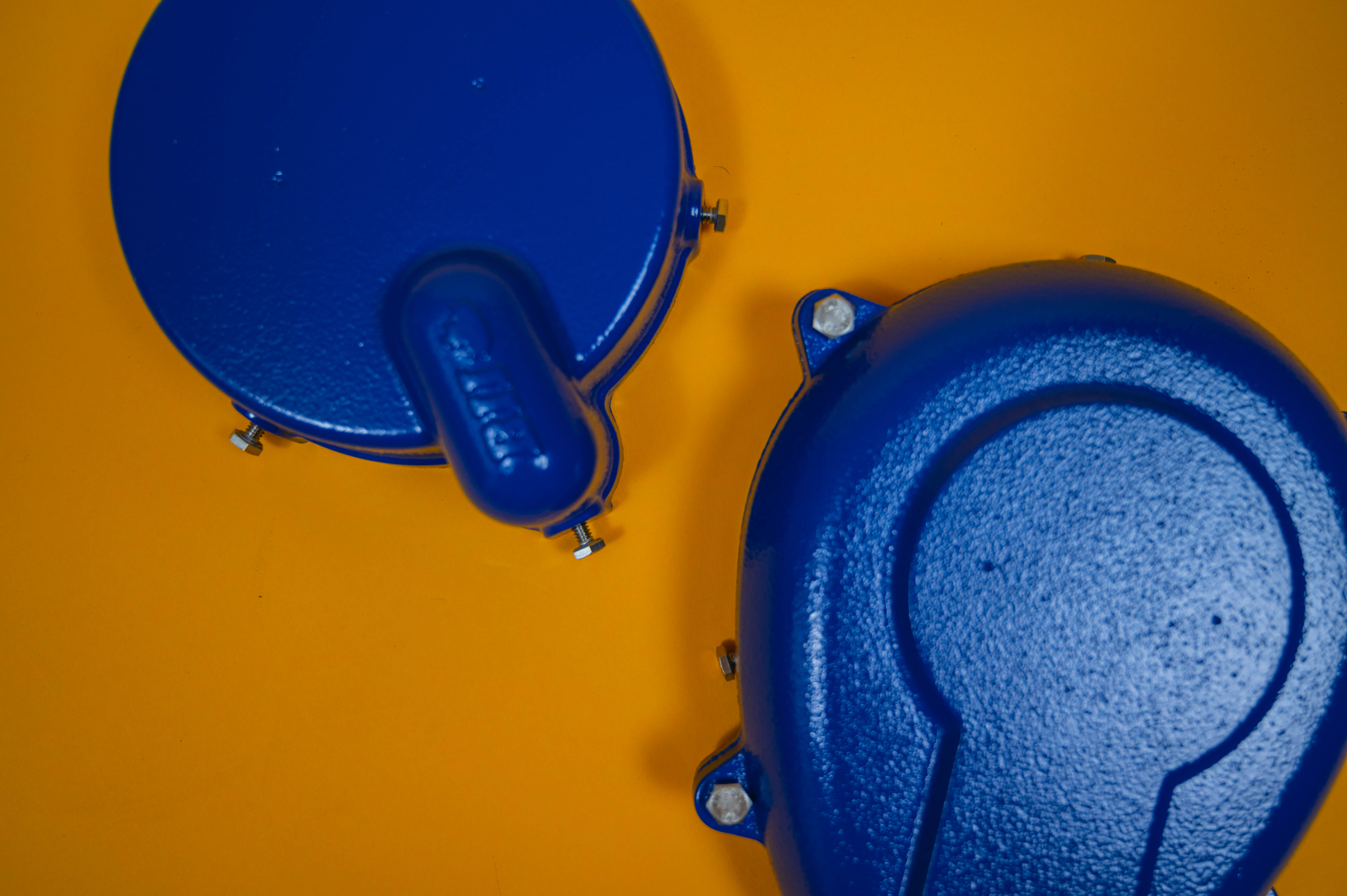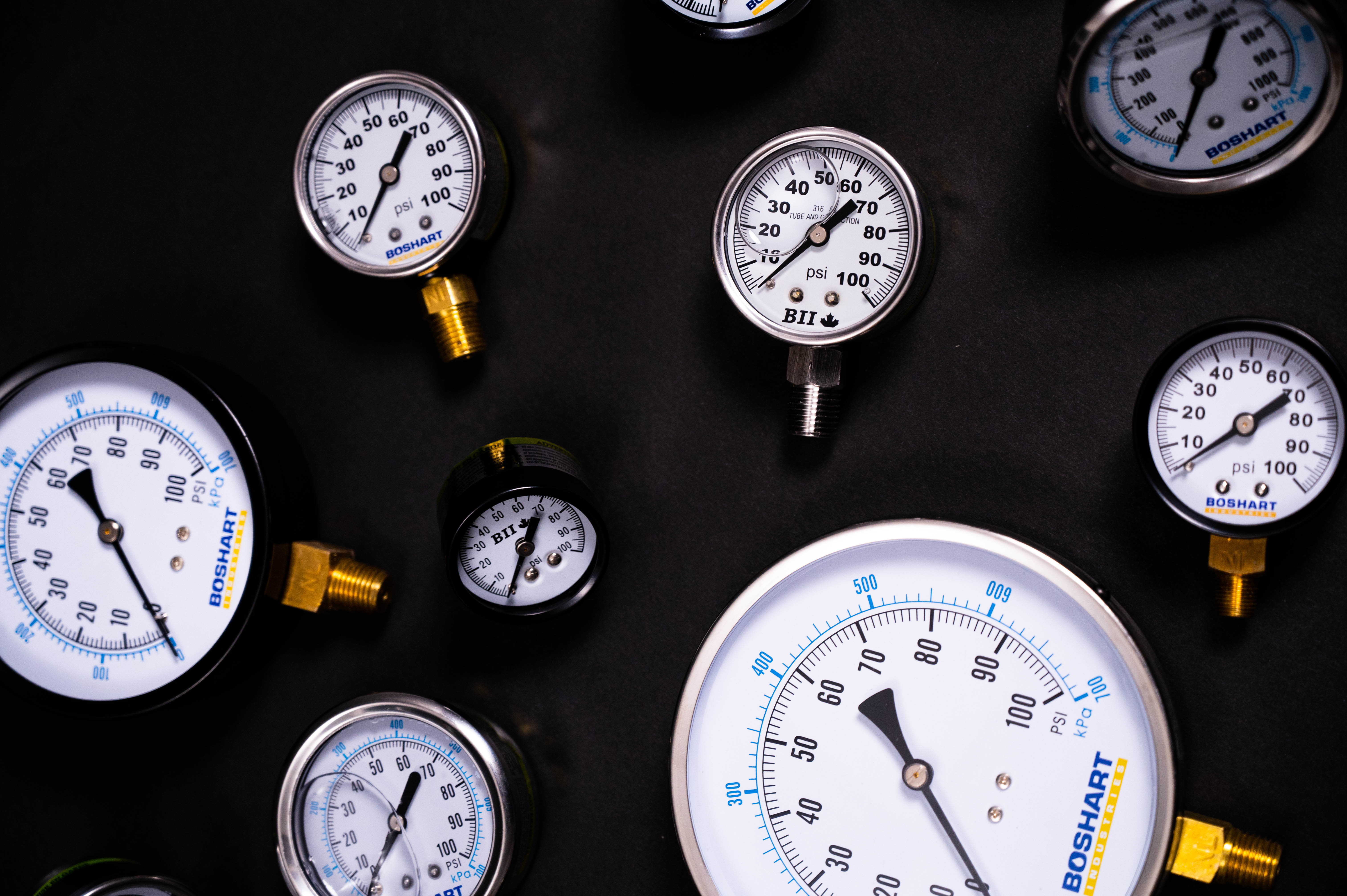When it comes to the appliances in your home that utilize gas, many homeowners don’t think twice about what connectors they use to get gas from the supply line to their appliance. Should they? Does it matter?
In general, gas connectors don’t require scheduled or ongoing maintenance, and therefore are often forgotten about by homeowners. However, gas connectors can fail if they are installed improperly, or if preventative measures are not taken to ensure their success.
forgotten about by homeowners. However, gas connectors can fail if they are installed improperly, or if preventative measures are not taken to ensure their success.
Thankfully, it is not very difficult for homeowners to take the proper GAC-M8-48 precautions to protect themselves if they allot the right amount of foresight when the installation takes place.
Today, we’re going to highlight 6 different ways to protect your gas connector and prolong its life.
IMPORTANT NOTE: Installing a new gas connector must be done by a qualified gas fitter. Always follow all the manufacturer’s instructions.
1. TEST FOR LEAKS
A common way to test the fit of a gas connector is to use a non-corrosive detection fluid (commonly dish washing detergent, bath soap, etc.) in order to see that the connection has been made properly. While this principle is sound, the execution—if done incorrectly—can lead to damaged connectors.
It is strongly advised not to use these products as they oftentimes contain chlorides that are corrosive and can cause issues. Instead, we recommend using a certified detection fluid (such as big bubble gas leak detector) in order to see that no gas is escaping.
2. PAIR NEW APPLIANCES WITH NEW CONNECTORS
When installing a new appliance, it is important to always use new connectors. Old connectors are prone to failing prematurely because of their previous use.
Because gas connectors are not a high-priced item, it is a good practice for homeowners to replace them when the new appliance is being installed.
3. DO NOT KINK THE CONNECTOR
Although gas connectors are designed for occasional limited movements (that may be involved in the servicing or cleaning of your appliance), it is important not to create a kink in the connector.
Creating a sharp bend can damage your gas connector and inhibit the flow of gas. It’s advised not to bend the connector 1-1/2” to 2” internal diameter of the connector (which is approximately the size of a golf ball or tennis ball).
4. LIMIT MOVEMENT OF THE CONNECTOR
Some appliances come with wheels that can allow the appliance to be frequently moved around with ease. It is strongly advised that you do not make use of these wheels as the repeated flexing, bending, and vibrating of your gas hose connector in the process will cause premature wear.
Although it is flexible, gas connector tubing is only designed for limited movement after being installed. Metal fatigue, cracks, and holes in the connector (all results of excessive movement of the gas connector) can result in a dangerous gas leak which could be catastrophic.
NOTE: The movement that happens with the normal use of a clothing dryer is not considered extreme movement and is not a cause for concern.
5. PROTECT AGAINST PHYSICAL CONTACT
The less that comes into direct contact with the gas connector, the better. Be mindful of foreign objects like electrical wiring, other pipe, studs, paneling, metal, and other materials that might rub up against or otherwise cause stress on the gas connector.
Ensure the space is clean and clear of all possible interference prior to moving the appliance into its final position. Take safety measures to ensure no other objects will be able to cause issue unbeknownst to you in the future.
6. PROTECT AGAINST CHEMICALS
Especially for metal gas connectors, always keep potent cleaning solutions (and other corrosive chemicals) away from the gas connector. We suggest safeguarding against acids, solder fluxes (with zinc chlorides), chlorinated chemicals, ammonia, solvents, and any other liquid with chlorine (such as bleach or washing detergents).
If any of these chemicals come into contact with your metal gas connector (especially if they are non-coated), they can cause damage that may lead to a gas leak or catastrophic failure.
STAINLESS STEEL vs. POLY-COATED CONNECTORS
 While many gas connectors come in a non-coated stainless steel format, you may also find poly coated stainless steel gas connectors as well. These coated connectors (often yellow) provide a number of benefits over their non-coated GACN-F8M8-12 counterparts, such as:
While many gas connectors come in a non-coated stainless steel format, you may also find poly coated stainless steel gas connectors as well. These coated connectors (often yellow) provide a number of benefits over their non-coated GACN-F8M8-12 counterparts, such as:
- Corrosion resistance against exposures to cleaning products
- Resistance against chemicals used in plumbing repair and masonry
- Protection from chemicals like salt, and UV rays
In most circumstances, there is little to lose by choosing to use a poly-coated gas connector, so where possible, we recommend choosing this option.
CAUTIONS:
- If there is any sort of detectable damage to your gas connector (corrosion, cracking, kinks, etc.), you should have the connector inspected by a licensed gas fitter, or have them replace it altogether if necessary.
- If you ever smell gas, turn off the gas supply immediately and call a licensed gas technician to test for any leaks or problems. Gas leaks, or suspicion of gas leaks, are to be taken with the utmost seriousness.
IN CONCLUSION:
Taking the proper precautions to ensure safety and the prolonged life of your gas connector is not very difficult. As noted in the beginning, a properly installed gas connector does not require a lot of ongoing maintenance or care.
A gas connector will last you a long time, assuming it is installed properly and protected against any damage as noted.
Have further questions about this subject?

Head over to Boshart's Knowledge Base: technical product information, guidelines, and more.





SHARE